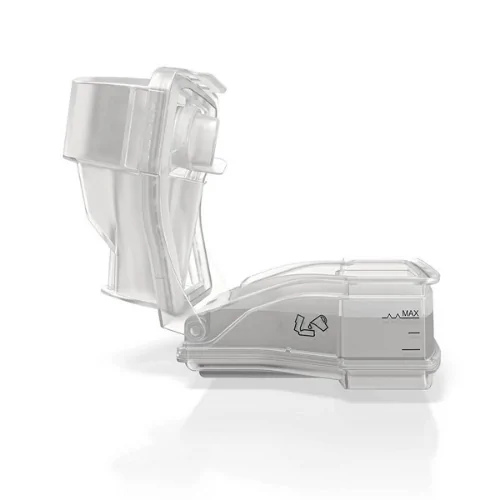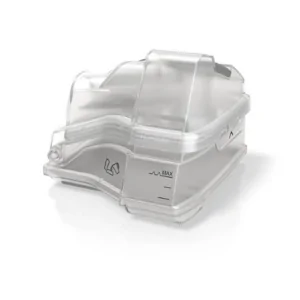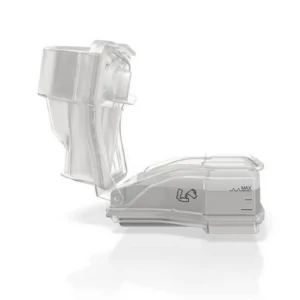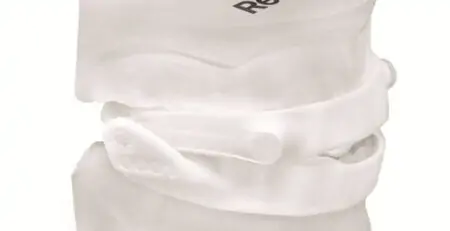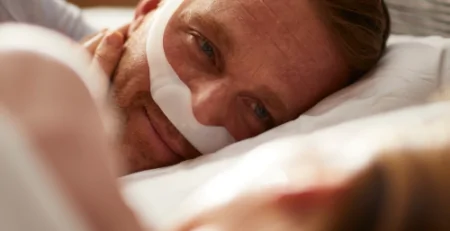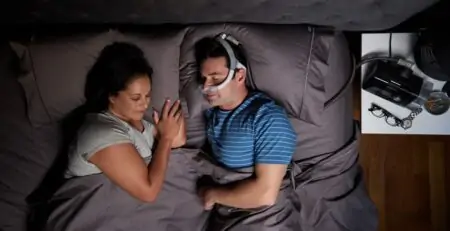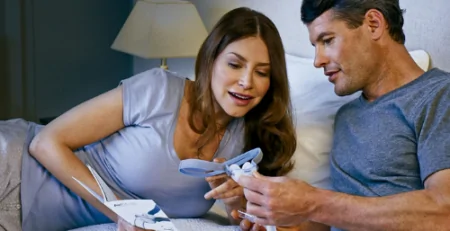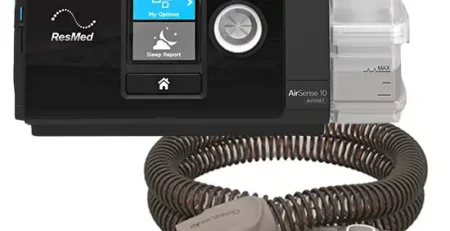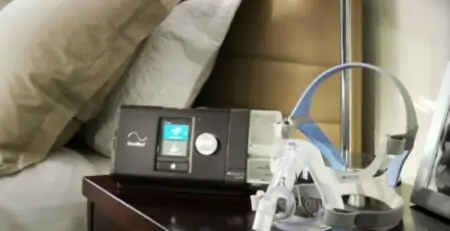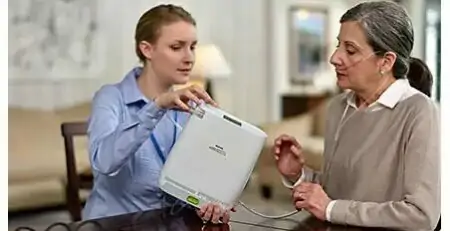Humidification YES or NO?
Is it useful to know the relative humidity? If I live near the sea, is extra humidification not necessary with my cpap? Humidification is important even if you don’t feel your mouth is dry, here’s why.
Who doesn’t remember, when we were little and the cookers were on, leaving a glass of water in the room during the night to prevent the throat from drying out? Or when we were congested and had to make a few steams of water with eucalyptus before going to bed? These were some of the common practices if we did not want to give up sleeping with the heating on during the night.
The humidification of the room is an important aspect to take into account whether we live by the sea or in the mountains. This is even more important if you are a cpap user.
Relative humidity, expressed as a percentage, is our reference value. Low humidity is considered to be below 40% and high humidity above 70%. The ideal relative humidity in our room, and in our house, should be within this 30% range.
What happens if our room is excessively humid? Then we are laying the ground for the proliferation of mites and moulds and this can be fatal for people with allergies, asthma or respiratory insufficiency. This can also increase the coldness of the room.
What if the room is very dry? We will wake up with an unavoidable and uncomfortable sore throat, throat clearing, headache, etc. Our body does not sweat well and we leave an open door for pathogens to enter our body.
Once we know that the relative humidity of the room in which we sleep is important, why is it even more important if we wear cpap?
The cpap blows a continuous or variable positive pressure airflow into our upper airways. This flow of air that circulates through our upper airway will produce an alteration of the mucosa that lines the walls of the nose, pharynx and trachea. This alteration translates into dryness, in other words, throat clearing, dry mouth, pain when swallowing saliva, pharyngitis and even the formation of small blood clots in the nose.
These inconveniences are considered as possible side effects at the beginning of the treatment with cpap; totally avoidable if the extra humidification provided by the equipment is added. Is it not enough if my bedroom is at an optimal humidity level or if I have a room humidifier? The answer is No.
The humidification accessory on the units is to ensure that the patient breathes the correct percentage of water vapour, independent of the ambient humidity or temperature. The humidifiers have sensors that automatically adjust the amount of water vapour that is delivered to the patient. The graduation is based on the amount and temperature of the air flow inhaled by the patient and the ambient temperature/humidity of the room. These humidifier kits also incorporate a heated tube that aims to increase patient comfort by slightly warming the circulating airflow once humidified. The heated tube ensures that water vapour does not condense in the mask.
The humidification kit is generally offered as an accessory, unless prescribed by a doctor. However, this trend is changing and more and more doctors are prescribing it from the outset, given its effectiveness and improved patient comfort.
Don’t forget that the use of humidification with the cpap involves a series of precautions regarding its use and care. Good hygiene is essential to avoid the proliferation, for example, of spores in the reservoir, which must be filled with distilled or demineralised water and renewed every night of use.
Comprar umidificador
Terapia CPAP Portugal
Latest posts by Terapia CPAP Portugal (see all)
- Sleep apnea with other illnesses - 21 de July de 2023
- What is an oxygen concentrator and what is it for? - 23 de June de 2023
- Sleep apnea machine - 5 de December de 2022
- Difference between CPAP and BIPAP - 22 de November de 2022
- Narval CC mandibular advancement for sleep apnea - 14 de November de 2022



